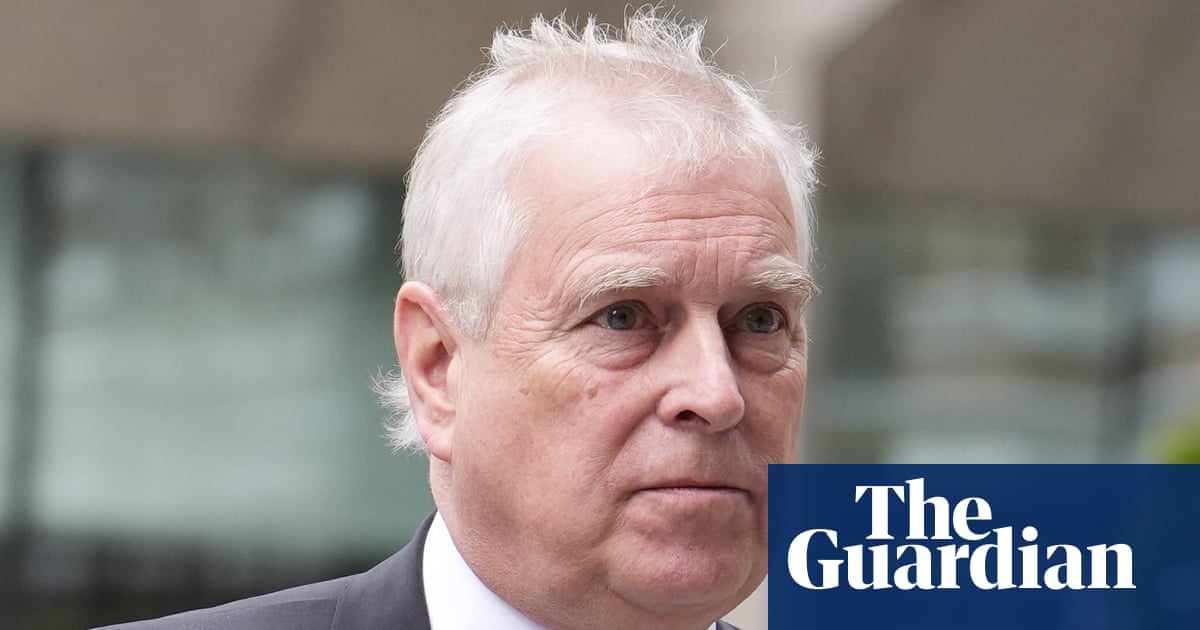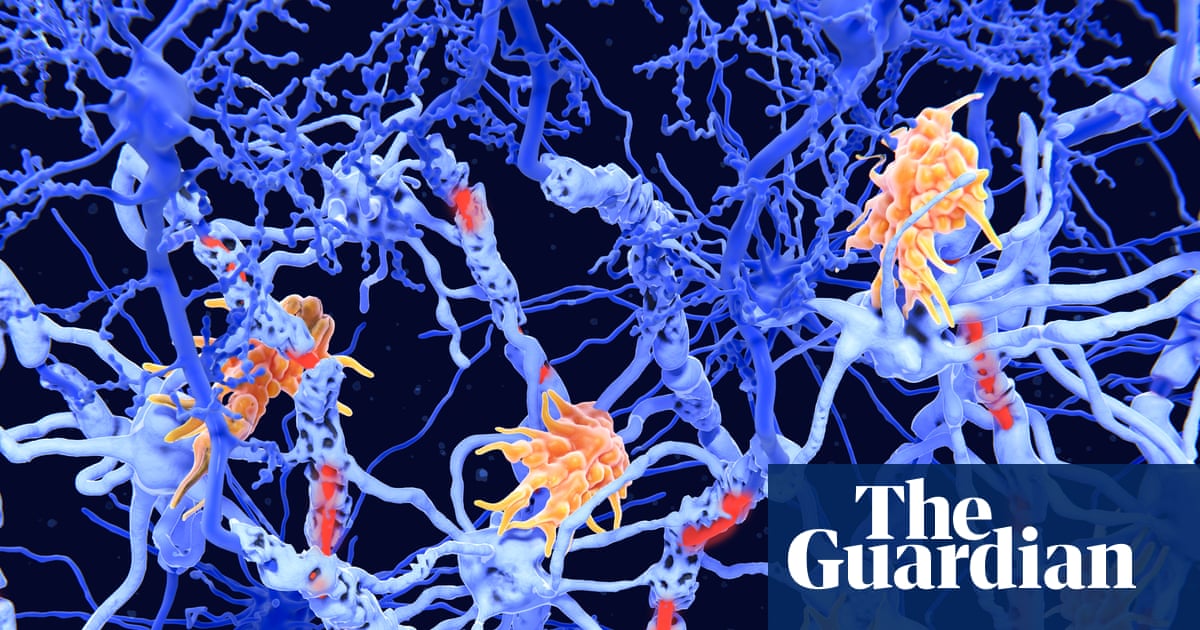Jess Michaels was in the prime of her life. It was 1990 and Michaels was working as a professional dancer. A colleague in Brooklyn needed a roommate and Michaels took her up on the offer, moving to New York City.
Michaels’ career swiftly took off; she even landed an 18-month contract in Japan. “I worked with MC Hammer,” Michaels said, recalling that she also worked as a backup dancer in an Aretha Franklin video. “I was thriving.”
But Michaels’ rapid ascent came to a halt after she met Jeffrey Epstein.
When Michaels returned from Tokyo, she learned her roommate had secured what seemed to be a plum gig. “She shared with me that she was working for this wealthy Wall Street guy that was training her in how to be a masseuse.”
A few months later, Michaels’ roommate seemed willing to share in her good fortune. “She said she got a dance contract, and he needed a backup person, and was I interested?” said Michaels, who was 22. “I said yes.”
The well-heeled client turned out to be Epstein, a convicted sex offender who in 2019 died in jail while awaiting trial for child sex-trafficking. Michaels went to his Madison Avenue office one day to meet him; one week later, she went to a “penthouse-looking place” for a trial massage.
“That is when he raped me.”
“I was confident, I was happy. I was successful in my career,” Michaels said of her life before Epstein. “It destroyed my career, destroyed relationships.”
Michaels, who said she is a survivor of childhood sexual abuse, also said that the attack “ripped off a scab, and just deteriorated my sense of self, my sense of self trust”.
Michaels is now among the dozens of Epstein survivors who are advocating for the release of investigative files. While Donald Trump insisted on the campaign trail that he would release the files, his Department of Justice backtracked on disclosing these documents.
In July, the department insisted that there was no Epstein client list and that they would not release any more documents. Trump has since been saddled with headline after headline about his relationship with Epstein.
The department’s handling of these files drew renewed scrutiny recently during Kash Patel’s testimony before Congress. The FBI director claimed that the FBI was “releasing as much as legally allowed”.
Patel also said there was no credible information that Epstein trafficked his victims to other men, but Thomas Massie referred to FBI reports that suggested otherwise. The Republican representative noted that victims of Epstein and accomplice Ghislaine Maxwell identified at least 20 other men to whom they were allegedly trafficked.
Patel said that his statement about credibility wasn’t his claim, but the finding of three different US attorneys, per ABC News. “If there were, I’d bring the case yesterday that he trafficked to other individuals,” Patel said.
Michaels was vexed by the seemingly contradictory positions – Patel invoked other administrations’ claims that broader trafficking allegations weren’t credible, but he has also condemned past administrations’ handling of Epstein.
“I just thought: I’m so glad the American people are seeing why we are so frustrated,” Michaels said. “It was just plain as day that this is someone that is either completely inept at his job or covering up, and both of those things are problematic.”
Michaels noted that Maria Farmer, who is suing the federal government over authorities’ handling of her claims against Epstein three decades ago, reported him to the FBI and police.
“She was ignored,” Michaels said. “Systemically, throughout the last three decades, the very same thing has happened.”
“Sitting and listening to Kash Patel, I mean the frustration that I heard from other survivors, from people on my social media, from other people that heard that, they’re like, ‘oh my goodness, this makes sense of why everyone is frustrated,’” she said. “The volume of negligence, the systemic failures are evident.”
Michaels’ frustration over the files’ non-release has been coupled with validation, however. The American public, “on all sides” of the political spectrum, has seen first-hand what survivors have grappled with in calling for transparency, Michaels said.
“I have family members, and I have friends, that are conservatives, and they equally believe this needs to just happen,” Michaels said. “The files need to be released to get to any clarity.”
Michaels also alluded to claims that releasing the files could harm innocent men whose names might just happen to appear in these documents.
“If there is no credible evidence of trafficking, then why do you worry that there are men in these files that could be harmed?”
“If that’s true, then there are no men that will be harmed by releasing the files,” she said. “There are no other people that will be harmed if [Epstein] just trafficked women to himself, as is the claim.”
She noted that Virginia Giuffre, an Epstein victim who killed herself several months ago, was “very clear in that she had been trafficked to other men”. Michaels said that authorities are “completely ignoring” victim statements about Epstein’s trafficking.
“I don’t think you can say there’s no credible evidence, while also saying we have to protect the men that are in the files. Because I don’t think you can put those two things into the same sentence,” she said.
The Department of Justice did not reply to a request for comment. The FBI said it “does not have a comment”.
Asked for comment, Abigail Jackson, a White House spokesperson, said: “Democrats and the media knew about Epstein and his victims for years and did nothing to help them while President Trump was calling for transparency, and is now delivering on it with thousands of pages of documents as part of the ongoing Oversight investigation.”
Michaels has maintained some optimism that the truth will come out because the prevalence of sexual trauma crosses party lines. More than half of women, and nearly one third of men, have endured “sexual violence involving physical contact during their lifetimes”, according to the Centers for Disease Control and Prevention.
“Do you know what I have faith in? It’s what I know about trauma and sexual assault as now an advocate,” she said. “There are Republican constituents and Republican representatives that have experienced sexual harm, and what I’m hoping, in my heart of hearts, is that they will see themselves in our story.”
Michaels also hopes “that they will see themselves in the blatant coercion and manipulation of an evil man like Jeffrey Epstein and an evil woman like Ghislaine Maxwell, and they will find it in their heart to, at the very least, seek the truth”.

 3 months ago
50
3 months ago
50

















































